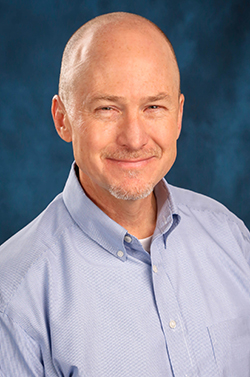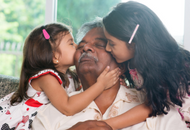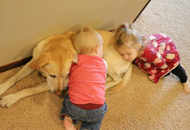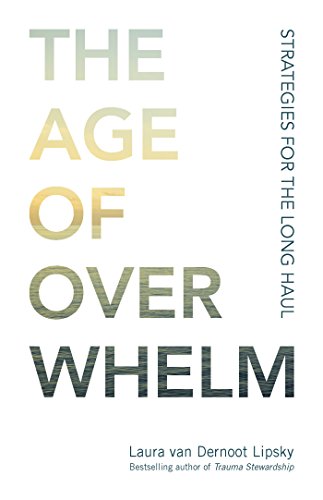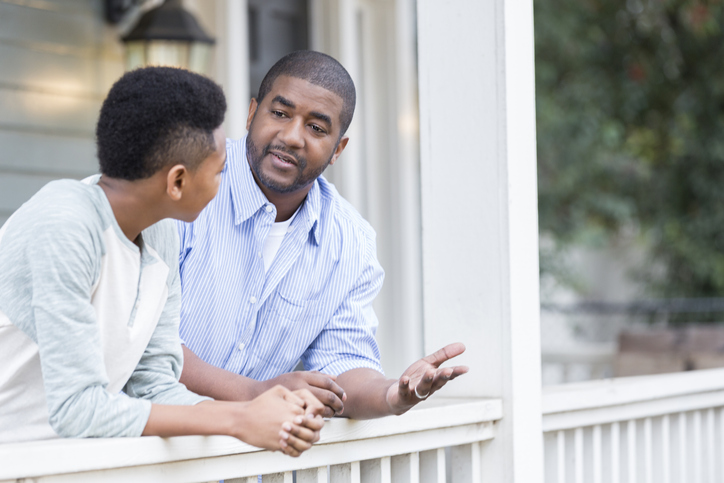The Next Place?
As you might guess, the answers are varied. Some say heaven or with God. Others say “somewhere” but they are not sure where. And some don’t imagine them to be anywhere.
We try to make a safe space for people to have a variety of feelings about grief, different opinions about what is helpful and what is not, and different viewpoints and beliefs about what, if anything, comes after death for the one who has died. While every group leader has their own thoughts and beliefs about what happens after death, as group leaders we take an open stance of not knowing. It’s a mystery in the end. None of us really know by experience. This is not an area supported by research results and evidence-based practice. What possibly comes next is an area for beliefs, hopes and questions, and how we think of the possible next place can have a real impact on those of us left behind.
Many of us do get glimpses of what there might be after death. Some of these glimpses come from testimonies from near-death recoveries. There are also many stories of the dying having sensory experiences that those around them can’t see or hear. And there are many, many stories, often untold, of something unusual happening following the death of a family member or friend — hearing a voice, having a strong feeling of presence, a vision, even a smell. Something happens in nature, perhaps with a bird, butterfly or something in the sky, or with the weather. All of these experiences suggest that our stories, and our lives in some form or fashion, continue long after our hearts stop beating and our bodies return to dust.
I once heard a speaker from West Africa talk about ancestors. She said in her culture, they believed their dead continued to live and to learn. Thinking of our ancestors as ever growing in wisdom, she believed we should be asking them for their help and guidance. She said we have too many “unemployed ancestors” and we needed to put them to work.
Which brings us to Thomas Lynch. Lynch is a funeral director, poet, and essayist. His book of essays, "The Undertaking: Life Stories from the Dismal Trade," was the source of a moving and insightful PBS series of the same name. Today, he is mostly retired from the day-to-day funeral business. That has been left to his children as it was previously left to him and his brother by his father.
He is still talking and writing reflections on life and death, and was recently on the podcast, "Everything Happens with Kate Bowler." Toward the end of their extended conversation, Lynch said: “The thing about the dead is they know our hearts. And the knowledge that they know our hearts is a spiritual conversation.”
Is that true? Do the dead know our hearts in ways not privy to them when they were alive? And if so, what does that mean for us, for them and for our relationship with them?
Although Lynch has been up close and personal with death as a long-time funeral director in ways not available to most of us, he is sharing his conviction rather than his evidence. He doesn’t know in the empirical sense but he does believe, and that belief matters for his living.
Lynch made this comment in the context of talking about his adult daughter. Earlier in the conversation, he admitted a lot of doubt about any religious belief in God. Some days it makes sense to him, many other days not so much. But when he sees parents who have experienced the death of a child get up in the morning and face the world, he thinks there is more unseen reality than he otherwise knows. And then he became one of those parents after the death of his adult daughter by suicide. He has come to believe that she understands more about life now than she did when she was physically alive. What is more, part of this increased understanding is that his daughter now fully knows his heart and how much she was loved.
What if this is true? What if our dead now understand anything they missed or misunderstood when they were alive? What if our hearts are fully understood by a growing number of dead — let’s now call them saints — as we get older and say good-bye to more and more family and friends? And what if they are waiting to help us out with what they’ve learned, vessels and conduits of wisdom, grace and love?
I don’t know, but I might believe. Maybe I should ask my deceased mom and dad about that. And my dead friends, Adam and Cathy. Perhaps Lee or Gwen or Shirley or Everett. One of them is sure to know.
Other Voices
After someone dies, our relationship with the person doesn’t end, but it does change. Sometimes, we can find forgiveness as we reevaluate our relationship with the person who died. It’s not easy, but it can be liberating, as Elizabeth Roper Marcus found and has shared on NextAvenue.org. Keep Reading...

